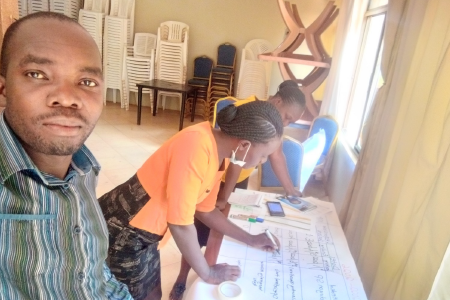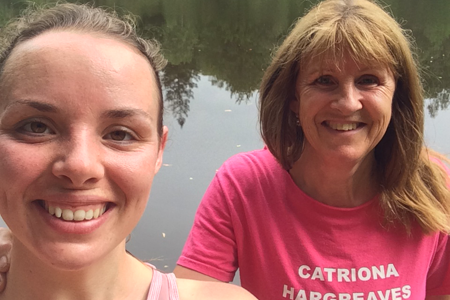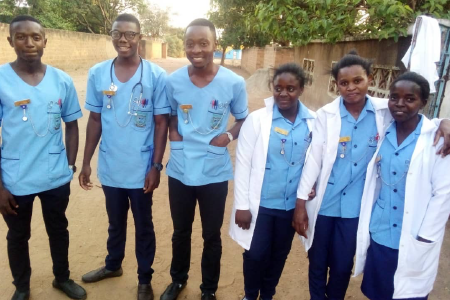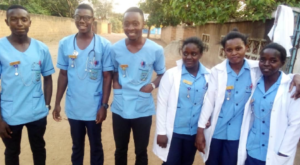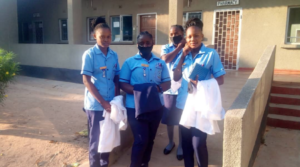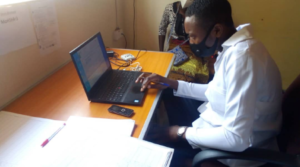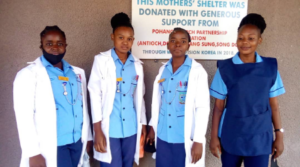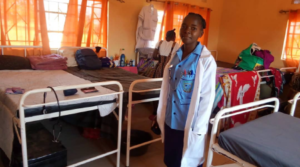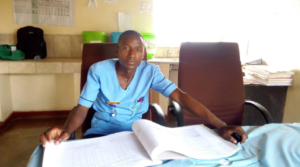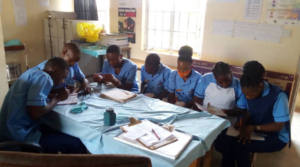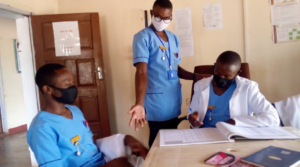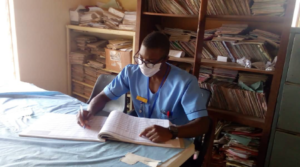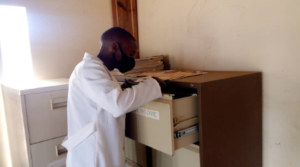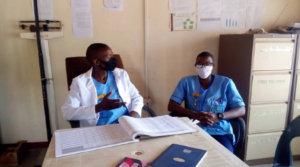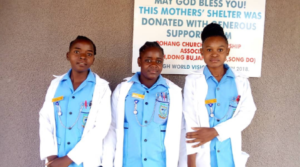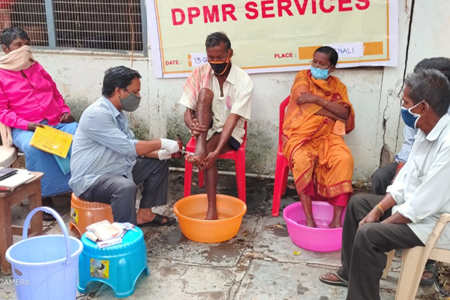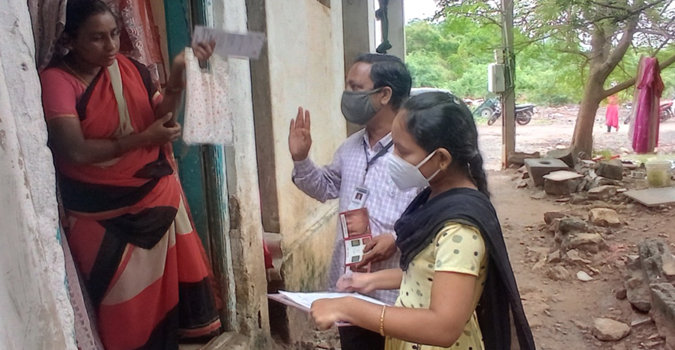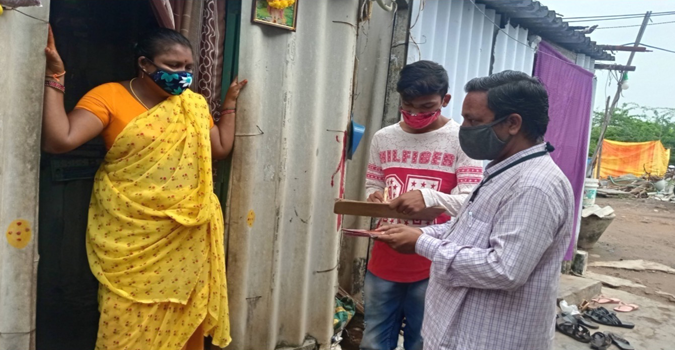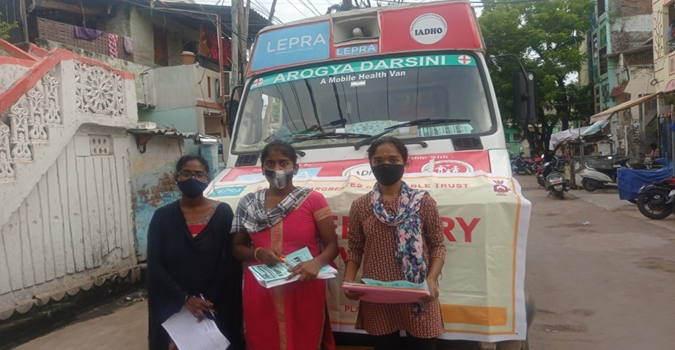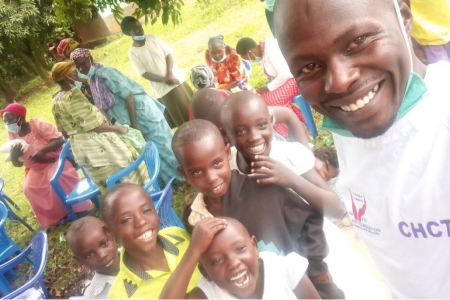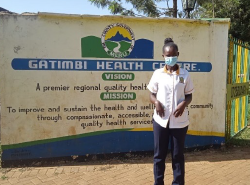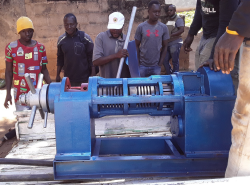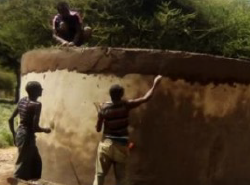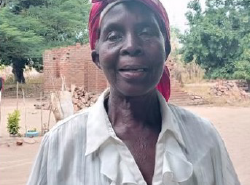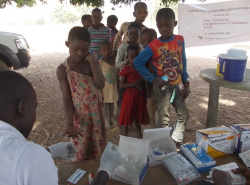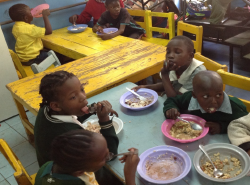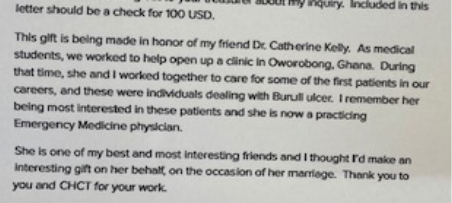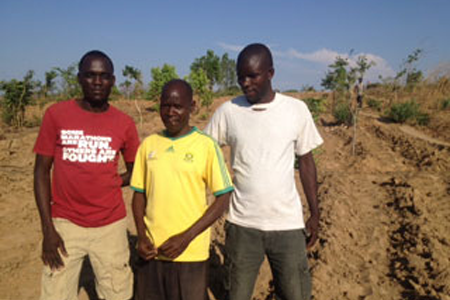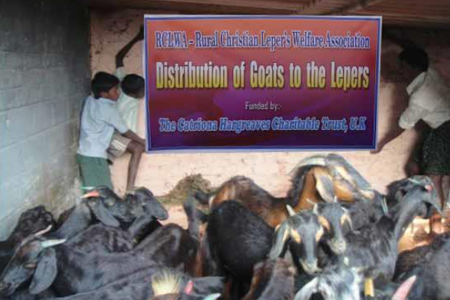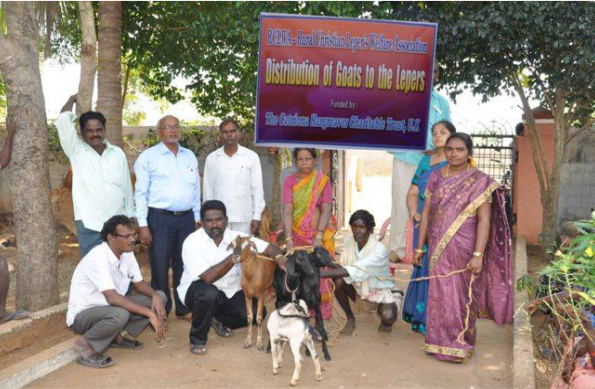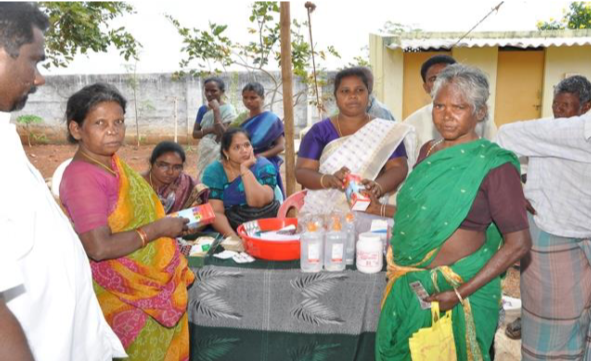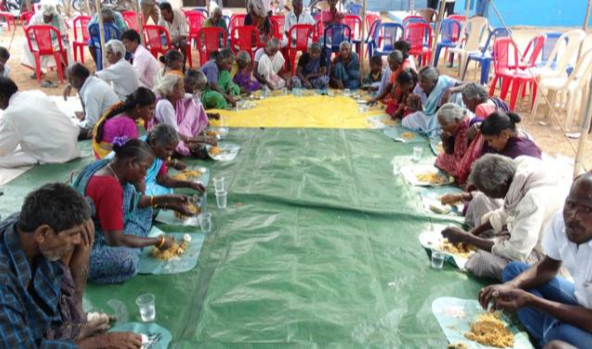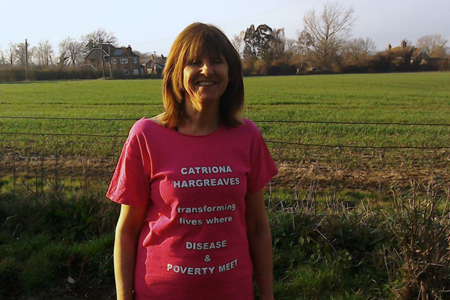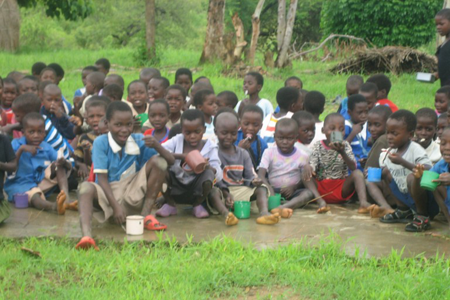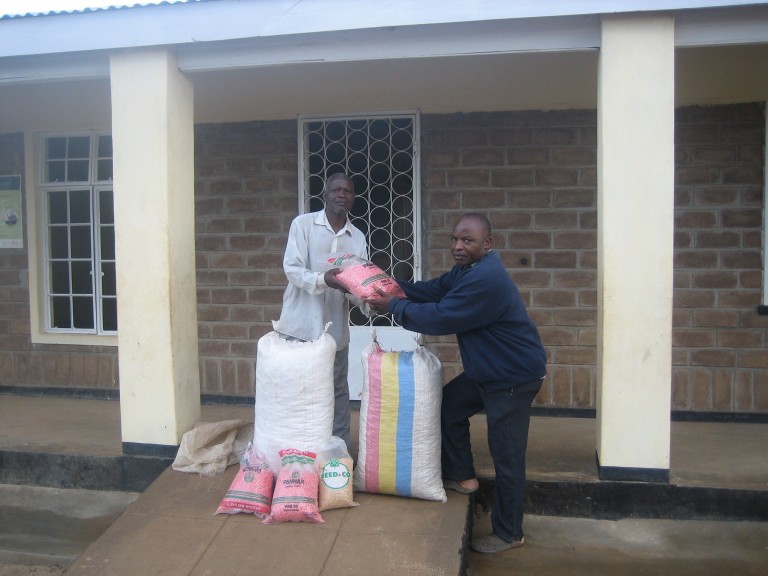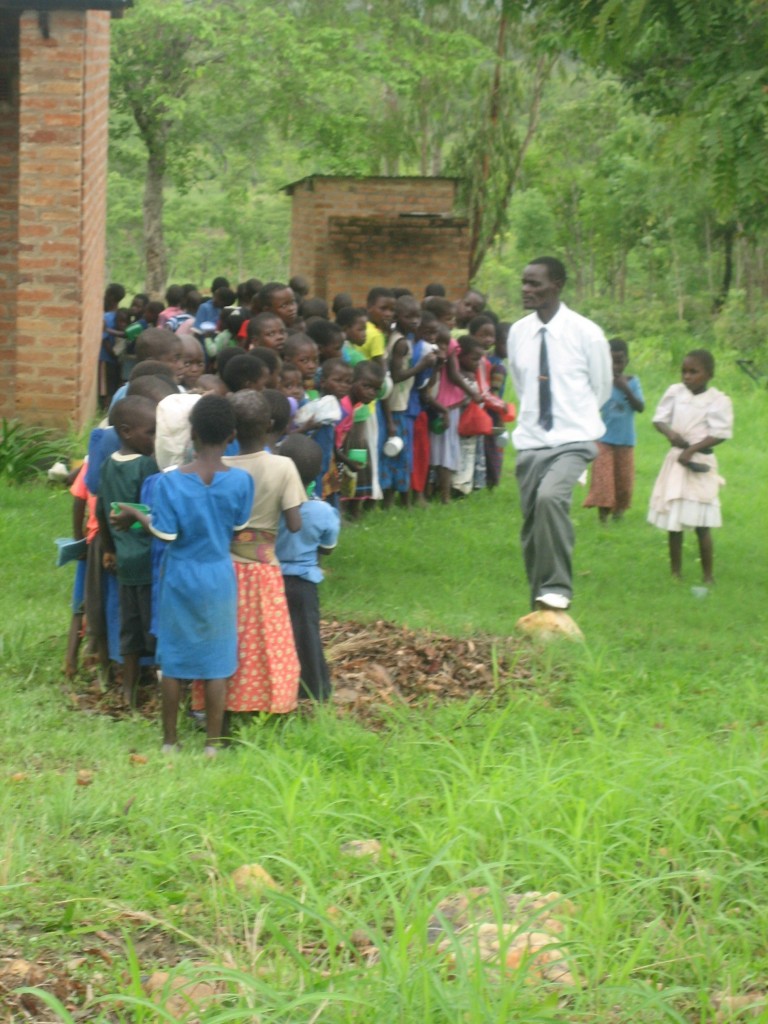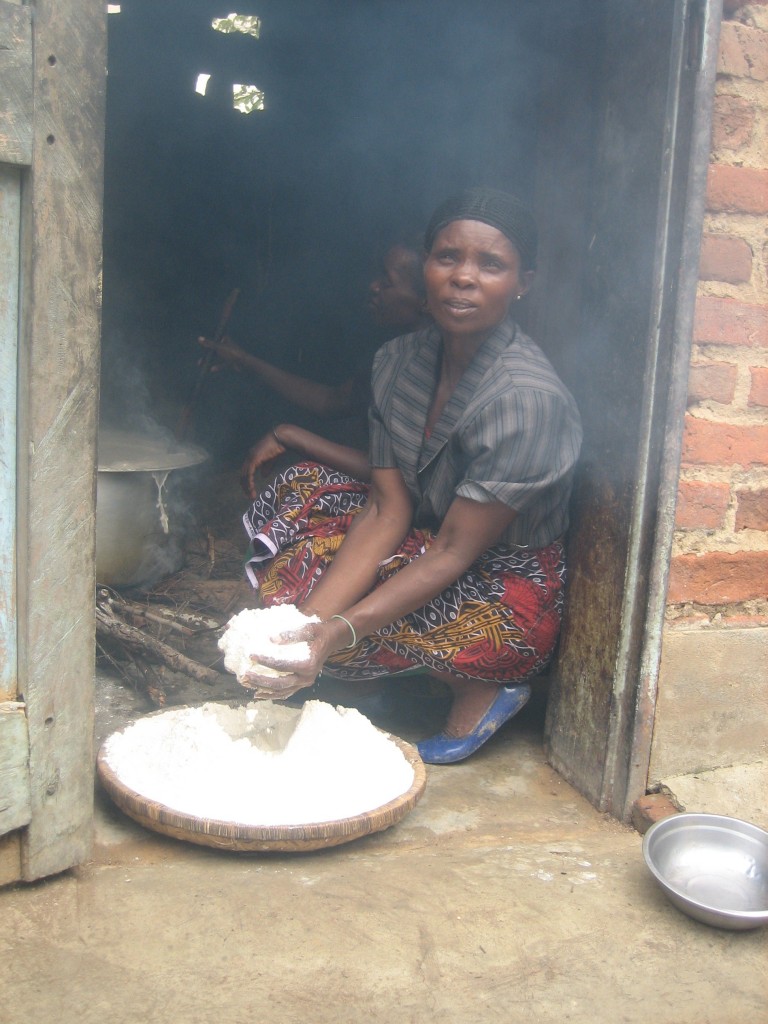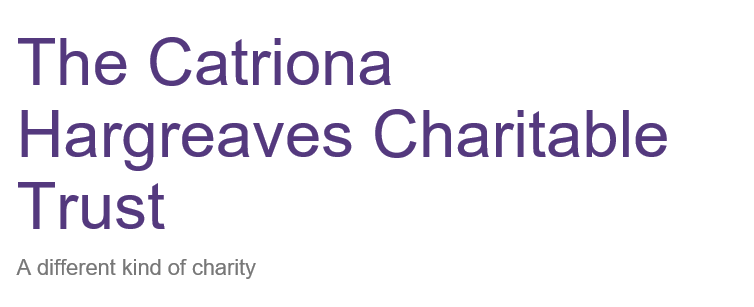Organization: Immaculate Heart Sisters
Project Manager: Sr. Caroline Atieno
Acknowledgement
Compliments of the season and greetings from akaraterete nursery primary school and Sisters, here in Kenya. As a school and congregation we would like first of all to acknowledge your sincere feedback and consideration in a time when we were in need. Following our request for the above mentioned project to your esteemed organization, we were deeply pleased and honored that you responded to our plea and assisted us to realize the objectives of our project .Indeed, having tried to solicit for financial assistance for some time, your response was not only timely but a great blessing to our congregation, children are the targeted population for our project areas in which we work in. Indeed our congregation is still growing and we have made tremendous effort through our pastoral and developmental activities to ensure that we achieve the missions in line with the world we live in. Herein, we wish to submit detailed progress report that captures the implementation of the proposed project activities and expected outcomes as per the project indicators.
Narrative / Financial Report of Project on Feeding Programme
The sisters on behalf of Akaraterete Nursery Primary School applied for fund grant from the The Catriona Hargreaves Charitable Trust in UK to assist in the Project of feeding programme for akaraterete primary nursery school from needy families. The Project was meant to alleviate the suffering caused by the Pandemic, which has been a great menace to the life of the people and other parents losing jobs thus not able to pay school fees to enable us to be able to feed the children well. Equally the children come from very humble backgrounds even school fees and feeding they cannot afford thus they depend on goodwill.
According to the World Bank, a school feeding program is a targeted social safety net that provides benefits both educational as well as health related ones to vulnerable students thus causing a rise in their enrollment rates, a reduction in cases of absenteeism and improving the food security situation at the household level.
Another benefit of school feeding programs to the pupils is that the food provided in schools improves their energy levels. When these energy levels are improved, the pupils can concentrate better in class and as such, they are able to perform better in their classes. It provides support to the student’s parents and guardians.
School feeding programs have so many positive impacts to the community and the students highlighting these are some of the benefits of school feeding programs to the students and the surrounding community we came to realize.
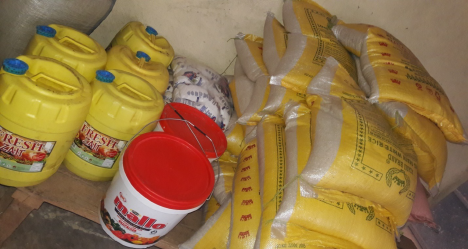
Bags of rice and vegetable oil
Our Core Values
- Commitment to needy pupils
- Partnerships
- Integrity and Discipline
- Teamwork
- Responsiveness
- Respect for People
- Encourage environmental soundness
- Promote people-centered development
- Strive to excel
- Punctuality
Our Mission Statement
Akaraterete Primary Nursery School exists to empower children to reach their full potential by providing sustainable, affordable and accessible quality education to needy girls in the community.
Our Vision
Empower children who can reach their full potential so that they are healthier, able to make their own decisions and through their education, enable their families and communities to florish in future.
Goals: The goal of the programme is to provide a school-based feeding for pupils in akaraterete primary school for pupils whom most of them are poor, orphans and vulnerable school children.
Objectives: The main objective of the programme is to provide accountability and learning purposes in achieving various educational modalities, gender disparity among girl-child and from poor background. Increase the number of discriminated, exploited and neglected children; to enrollment in schools in all levels and maintain them in the schools by providing easy way to access their education through feeding programme.
Some benefits of school feeding programs/Expected Outcomes
It promotes higher school attendance and reduces rate of drop outs
A large number of pupils in developing countries are unable to attend school because they have no access to a meal or cannot get all the meals required in a day for their healthy growth. A number of them are even forced to do odd jobs and work hard despite their young age to earn just that one meal to keep them going. School feeding programs attract more pupils to school as it assures them of a meal. It also keeps them in school thereby reducing their dropout rates.
It promotes the health and development of students
Lack of food or an improper diet causes malnutrition among children. This in turn stands in the way of proper development of the children and their activity. School feeding programs provide a healthy diet to children, though simple, which facilitates their healthy growth and development. It keeps the children away from nutritional diseases.
It improves concentration and educational performance in school
Another benefit of school feeding programs to the community is that the food provided in schools improves their energy levels. When these energy levels are improved, the pupils can concentrate better in class and as such, they are able to perform better in their classes.
It provides support to the pupil’s parents and guardians
It is the responsibility of parents and/or guardians to provide money for feeding in the school. However, due to poverty levels, some are not able to do this regularly. They can however benefit from school feeding programs for their pupils as the programs take the burden of feeding their pupils off their shoulders. They are able to focus on other tasks with the assurance that their pupils will eat in school.
It promotes farmers and local vendors
Farmers and local vendors also benefit from school feeding programs because the programs increase the demand for their produce in order for them to feed all those pupils in school. They are encouraged to work harder and smarter in order to reap the benefits.
It helps the community rise above poverty
The programs help keep the pupils in school and as such, they are better placed to complete their education. With an increase in the number of pupils completing school, the community will in the long term experience an improvement in their economy, thus rise above poverty.
Beneficiaries
The main direct beneficiaries of the project are the children of akaraterete nursery primary school and the staff members too. The indirect beneficiaries are the people from around their parents and the society at large since a hungry student is a threat to the community and others. This is because the sisters, do not make any distinction based on religion in its social projects which greatly impact the lives of the general community.
Sustainability
This project will be sustained by the sisters and the parents of the pupils. To cater for general feeding, we will be saving some amount from the students school fees look for donations from friends and contributions of which it will be saved and kept in case of any food shortage, the amount will be used to purchase food items.
Funds Received and Project Execution
The sum of one thousand seven hundred pounds (£1700) was approved by The Catriona Hargreaves Charitable Trust (CHCT) which was received in our account and the equivalent of Kshs: 259,590 at the rate of exchange @ 152.70
- Approved amount: Kshs: 259,590 (£1700)
- Own contribution: Kshs. 122,600 (£ 800)
- TOTAL AMOUNT: Kshs 382,190
Expenditure:
- Food items purchased: Kshs: 380,550
- Total expenditure: Kshs: 380,550
- Balance remaining: Kshs: 1,640
Conclusion and Appreciation
In general, a total of 100 students will be fed by the funds received from The Catriona Hargreaves Charitable Trust. This is an indication that despite the unexpected prolonged time of the Pandemic we have been able to meet our objective. Though the Pandemic is not over yet but we are gradually moving out of the most difficult part of it.
The sisters, the beneficiaries and indeed the entire people of Akaraterete are indeed very grateful to The Catriona Hargreaves Charitable Trust for this kind gesture. It was a big relieve during the most difficult moment of these families and consequently made a great positive impact on the entire school. May God continue to bless The Catriona Hargreaves Charitable Trust and all the benefactors and benefactresses who made this project a success.
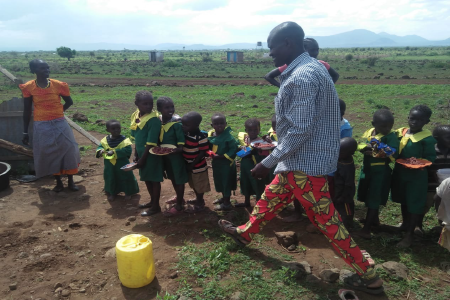
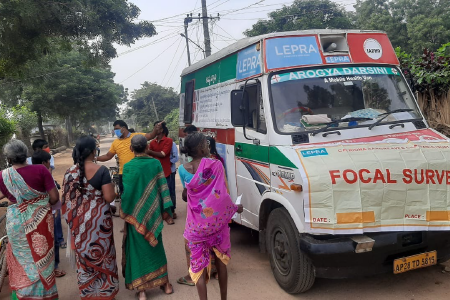
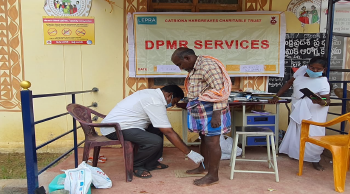
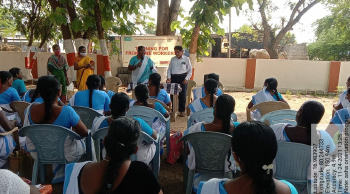
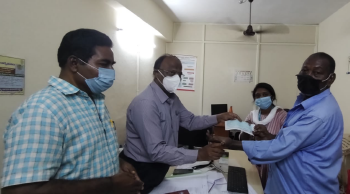
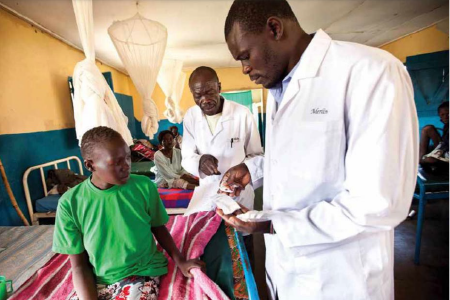
 Organisation: Foundation for Development and Relief Africa (FIDRA)
Organisation: Foundation for Development and Relief Africa (FIDRA)